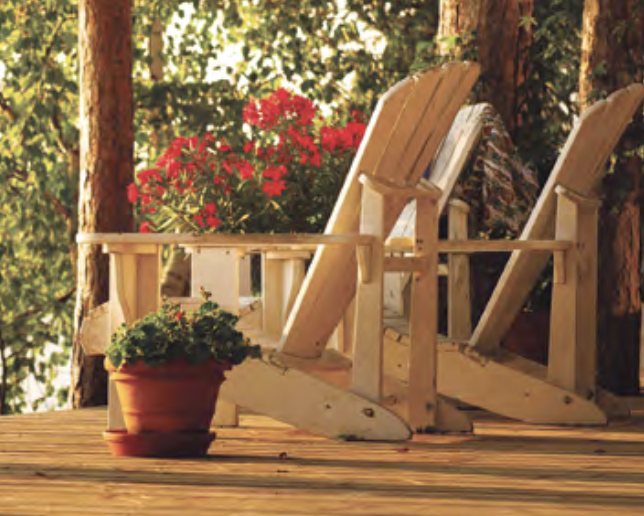By Olev Edur
I’m 64 and single, and I recently left my job and began receiving Canada Pension Plan (CPP) benefits. I also have about $15,000 in an RRSP and own a small apartment. My only other income will be a small pension and, once I turn 65, Old Age Security (OAS). I also hope to receive some Guaranteed Income Supplement (GIS) because my income will be low. A friend recently told me, however, that if I hope to get GIS, I should cash in my RRSP right now. That doesn’t make much sense, because it will mean a big tax bill, and then I won’t have any savings at all for a rainy day. What do you say?
While it may not seem to make much sense, it’s probably good advice. GIS benefits are geared to income, and every additional dollar you receive (excluding OAS) will reduce your GIS by 50 cents.
Given your low total income now, cashing in your RRSP would probably result in that RRSP money being taxed at a rate of only 24.4 per cent. (That’s the rate in your home province of New Brunswick that applies in 2023 on income up to $47,715.)
If you have to withdraw money from the RRSP once you are getting GIS, you’ll lose 50 per cent of each dollar withdrawn rather than that 24.4 per cent, and that’s a pretty big difference. As for rainy-day savings, you can take what’s left after tax from the RRSP withdrawal and put it into a Tax-Free Savings Account (TFSA). Your money can continue to grow untaxed in the TFSA, just as it does in an RRSP, but TFSA withdrawals aren’t considered income, so they won’t affect your GIS. You may no longer have $15,000, but you’ll still have about $11,340 that you can use anytime without fear of GIS reductions or taxation.






